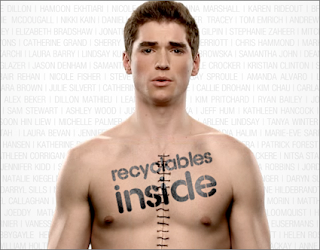What’s faster than a speeding bullet? The answer is Superman. What’s faster than the speed of light? The answer is light—well, it used to be faster. According to Albert Einstein, the speed of light, the “c” in his famous e = mc2, has been a constant 186,000 miles a second since the universe began. But the idea that the speed of light is constant has hit a speed bump and there is evidence that suggests the velocity of light is slowing down.
The idea that the speed of light has been slowing down throughout history was first reported by Dr. Barry Setterfield, an Australian astronomer and Trevor Norman back in 1979. Sutterfield charted all the measurements of the speed of light since a Dutch astronomer named Olaf Roemer first measured light speed in the 17th century. What he discovered was stunning. The speed of light is slowing down. Their theory suggested that thousands of years ago the speed of light was extremely faster than its present velocity. That rocked the scientific world and it was criticized and rejected. But people are rocking the boat again.
Dr. Joao Magueijo, a Royal Society research fellow at Imperial College, London, Dr. John Barrow of Cambridge, Dr. Andreas Albrecht at the University of California at Davis, Dr. John Moffat of the University of Toronto and Dr. Michael Murphy at the University of NSW in Australia are the new rebels at the gate. In scientific peer reviewed articles these researchers propose that immediately after the universe came into existence, the speed of light may have been far faster than its present day value of 186,000 miles per second. In fact they advocate that the speed of light was as much as 10 to the 10th power faster. If their theory is proven it would dethrone Einstein’s theory and forever change our understanding of the universe. It would also solve some of the most intractable problems of cosmology in a single bound (sorry, I was thinking of Superman again).
Modern physics is now seriously considering a theory that could change the paradigms of 20th century science. And it would put forward the distinct possibility that scientific validation exists for (hold on to something, are you sitting down?) the biblical account of creation. There will always be those who reject the Bible, of course. But as for me, I take my stand with the psalmist who wrote “The words of the Lord are pure words, Like silver tried in a furnace of earth,
Purified seven times (Psalm 12:6).”



